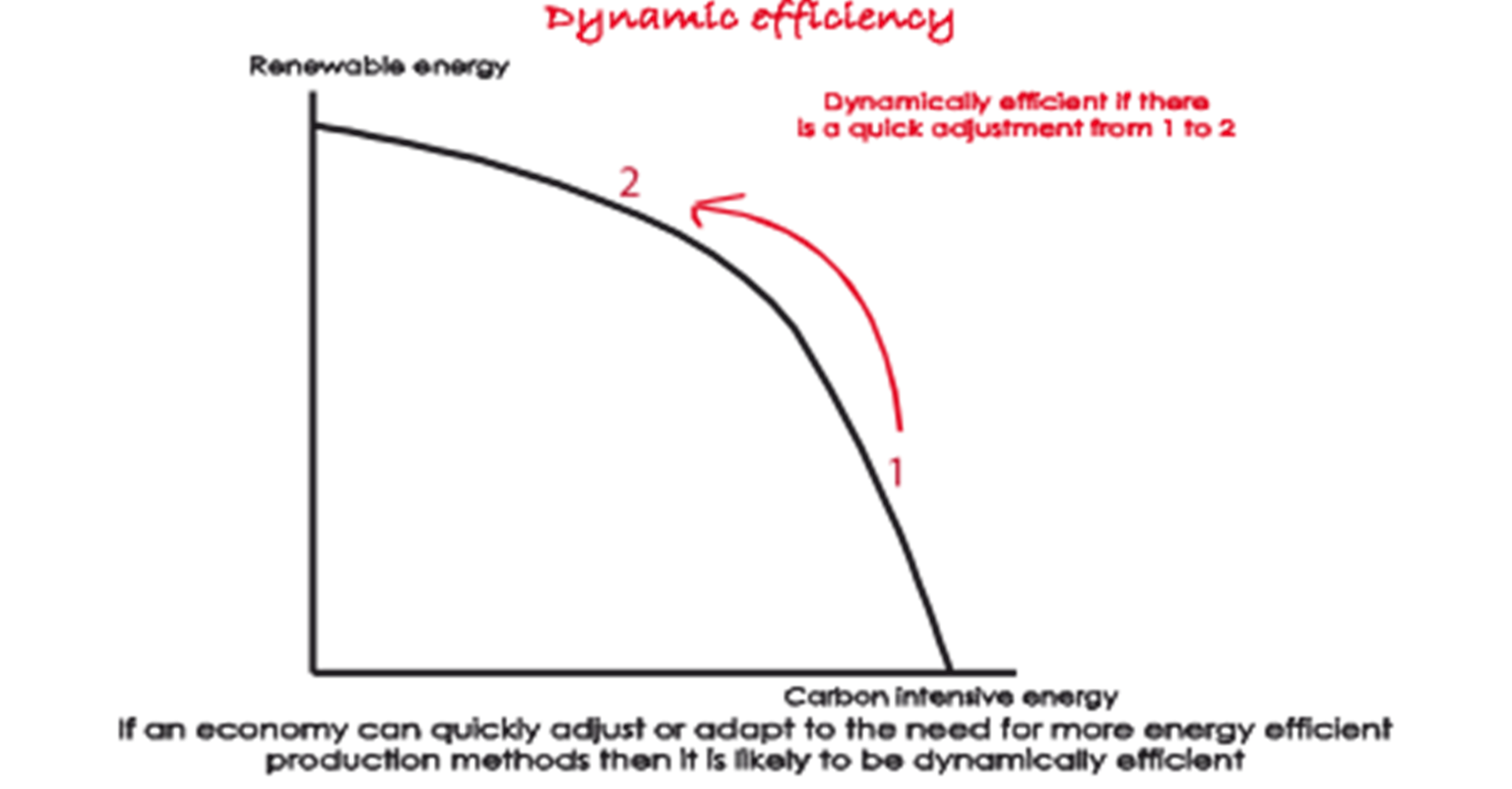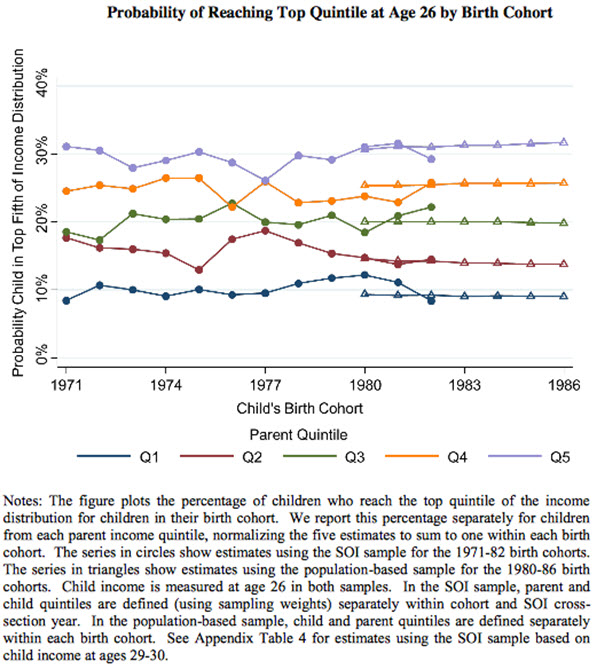


In this situation, it can be challenging for employers to recruit and retain staff who can bring a company to the next level of success. With a union, experienced but poor performers are able to earn more than they would in a merit-based workplace. Better workers can earn less than less able workers. Unions make companies pay workers based on seniority, not skill or performance.

So, why do unions have such an impact on the economy, and what can be done about it? greater total labor earnings – an additional $35.1 billion in total wage earnings.greater average worker earnings of an additional $6.08 per week in average earnings and.faster job creation with 393,189 additional jobs.greater economic growth, in the form of an additional $115.9 billion in real economic output.In other research, Union Membership And Economic Growth, Ben Gitis and Sara Rizik find with the decline in union membership rate from 2004 to 2013 benefited the United States with: In a study, “The effect of unions on labor markets and economic growth: An analysis of state data,” researchers Lou Pantuosco, Darrell Parker and Gary Stone find that unions adversely affect unemployment rates and the growth rates of gross state product (GSP), productivity, and population, while increasing the rate of wage inflation. The numbers and research show that unions negatively impact the economy.


 0 kommentar(er)
0 kommentar(er)
